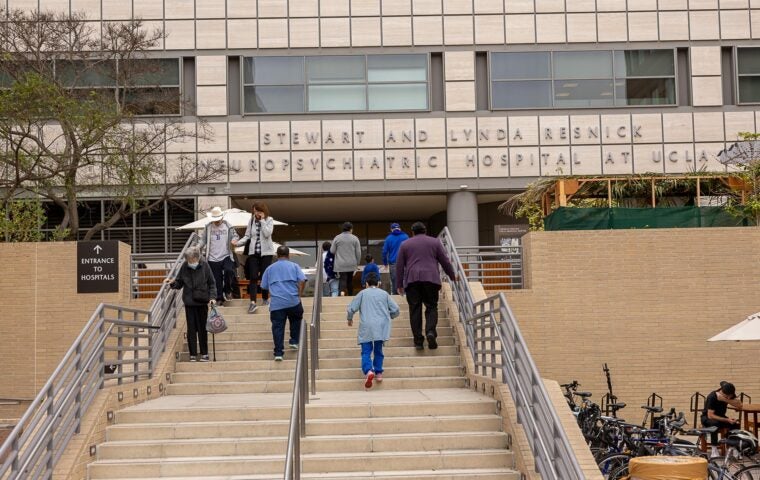Research Center

Leadership
Elizabeth Laugeson, PsyD
Tarjan Center Director
Contact Info
California Arts and Disability Resource Center Website
760 Westood Plaza
Rm 58-228
Los Angeles, CA
jcarnold@mednet.ucla.edu
(310) 825-5054
About
The mission of the California Arts and Disability Resource Center (CADRC) is to promote the inclusion of audiences and artists with disabilities into all facets of the arts community. The CADRC is a project of the UCLA Tarjan Center. The information, consultation and referral services of the CADRC aim to strengthen the capacity of the mainstream arts community to include artists and audiences with disabilities, and promote the professional development of artists with disabilities through access to educational, vocational and community activities, supports and networks.